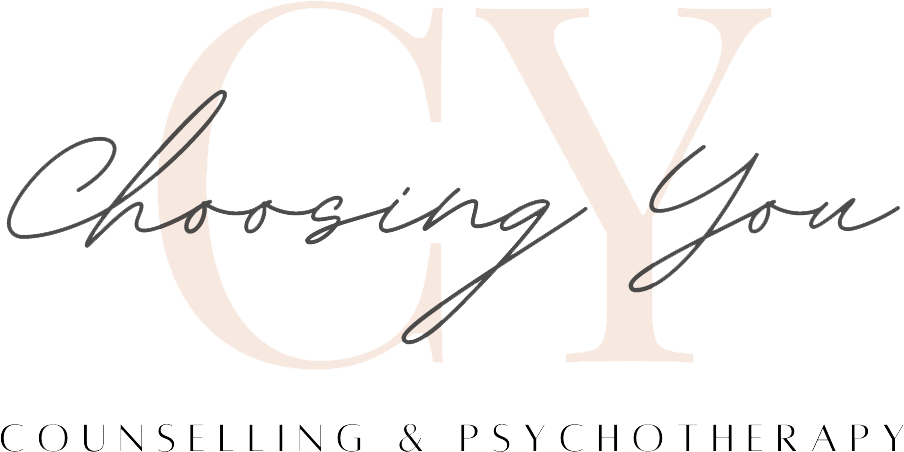For those of you who like to break things down step-by-step, this article might be helpful for you!
First of all, what is self-compassion?
Self-compassion is choosing to show yourself grace and kindness, even when you feel unworthy of it. Many individuals already know how to be compassionate towards others; like when a friend approaches you saying they had a bad day, you can show them kindness and warmth. Maybe they failed a test, and you tell them things will be okay, they can always try again, and that you love them anyways. But when you yourself have a bad day? You might not always be as kind to yourself as you were with that friend. Our inner dialogue often changes from warmth, to sounding something like: I’m such a failure, I never do anything right – I’ll have to push myself even harder, without breaks next time.
Want to find out how self-compassionate you already are? Dr. Kristin Neff has a self-compassionate quiz on her website! (P.s.: not to worry if you’re unhappy with your score; self-compassion is a skill that strengthens with time.)
Why is self-compassion important?
Implementing self-compassion and changing our inner dialogue can increase our wellbeing, lower depressive symptoms, improve your relationships with others, and can boost your self-image!

The three pillars of self-compassion
Self-compassion researcher Dr. Kristin Neff believes that self-compassion is comprised of three key elements (pillars): mindfulness, common-humanity, and self-kindness.
1) Mindfulness
What is mindfulness?
It’s a state of mind that is non-judgmental, where one observes the thoughts and feelings they are experiencing in the here-and-now, without trying to suppress or deny them. We can’t ignore our pain and feel compassion for it at the same time – we need to be aware of our suffering. For example, saying the phrase “this is a moment of difficulty,” or “this hurts” is a great start! You can acknowledge it further by saying something like “I am having the thought that I am not good enough” or “I am having the thought that I am a lousy friend.”
Just these thoughts alone bring you out of feeling lost in the struggle – to realizing you’re having a hard time.
Mindfulness requires balanced awareness as to not “over-identify” with our thoughts and feelings so that we don’t get caught up and swept away by negativity. The next step of taking note about what feelings these thoughts bring up for you can help; like “I notice a feeling of guilt, sadness, shame, worry,” etc.
Step 1: Acknowledge how you’re feeling, and bring awareness to the type of thoughts and emotions you’re experiencing.
E.g. of what to say: “This is really hard for me.” “I’m feeling sad and lonely right now.” “I’m having thoughts that I might not be good enough.”
2) Common humanity
Embracing Our Common Humanity
The frustration that is created by our own inner critic is often accompanied by an irrational sense of isolation. We often have the thoughts of “I” am the only person suffering. These types of thoughts can often lead to a downward spiral of more thoughts like “I’m the worst,” “I’m such a failure,” “I’ll never be better.” Once we’ve started with Step 1 – mindfully acknowledging what we’re feeling/thinking, we need to remind ourselves that struggling is a part of life, and a common experience. As humans, we all suffer, we all fail, and we all struggle. Instead of viewing personal failure in isolation, it’s better to recognize it as a shared aspect of the human experience. Any critical thoughts or emotions you experience means that millions of other people around the world have also had that same thought or feeling.
In no way is this step meant to minimize your pain, or imply that “things aren’t that bad” or “things could be worse.” Scrap those thoughts and instead remind yourself that you are not alone. Your pain does not isolate you; in fact, it unites you with everyone else.
Step 2: Remind yourself that you’re not alone. Someone on this planet has DEFINITELY felt the same way that you do. If you’re feeling frustrated, or feeling lost, it’s safe to say that someone on this giant planet is feeling the same way, at the same time as you; MANY people have already felt the exact same way and have made it through!
3) Self-kindness
Being gentle with ourselves is often the hardest part for many people. Self-kindness means being sympathetic to ourselves – showing ourselves the same love we would show a really close friend.
Step 3: Take a moment to think about a time where someone you loved was going through something difficult… what did you say to them? How did you act towards them? Can you now gift this empathy to yourself?
Can you offer yourself a soothing touch – maybe place your arm over your chest and breathe deeply… or wrap yourself in a cozy blanket.
Saying things to yourself like: “I’m here for you, I love you just the way you are. This is a moment of discomfort. Discomfort is a common human experience. May I give myself comfort in this time of need.”
Check out Kristin Neff’s page for more practice tips and self-compassion exercises!
Remember, you’re deserving of the kindness you give others.

